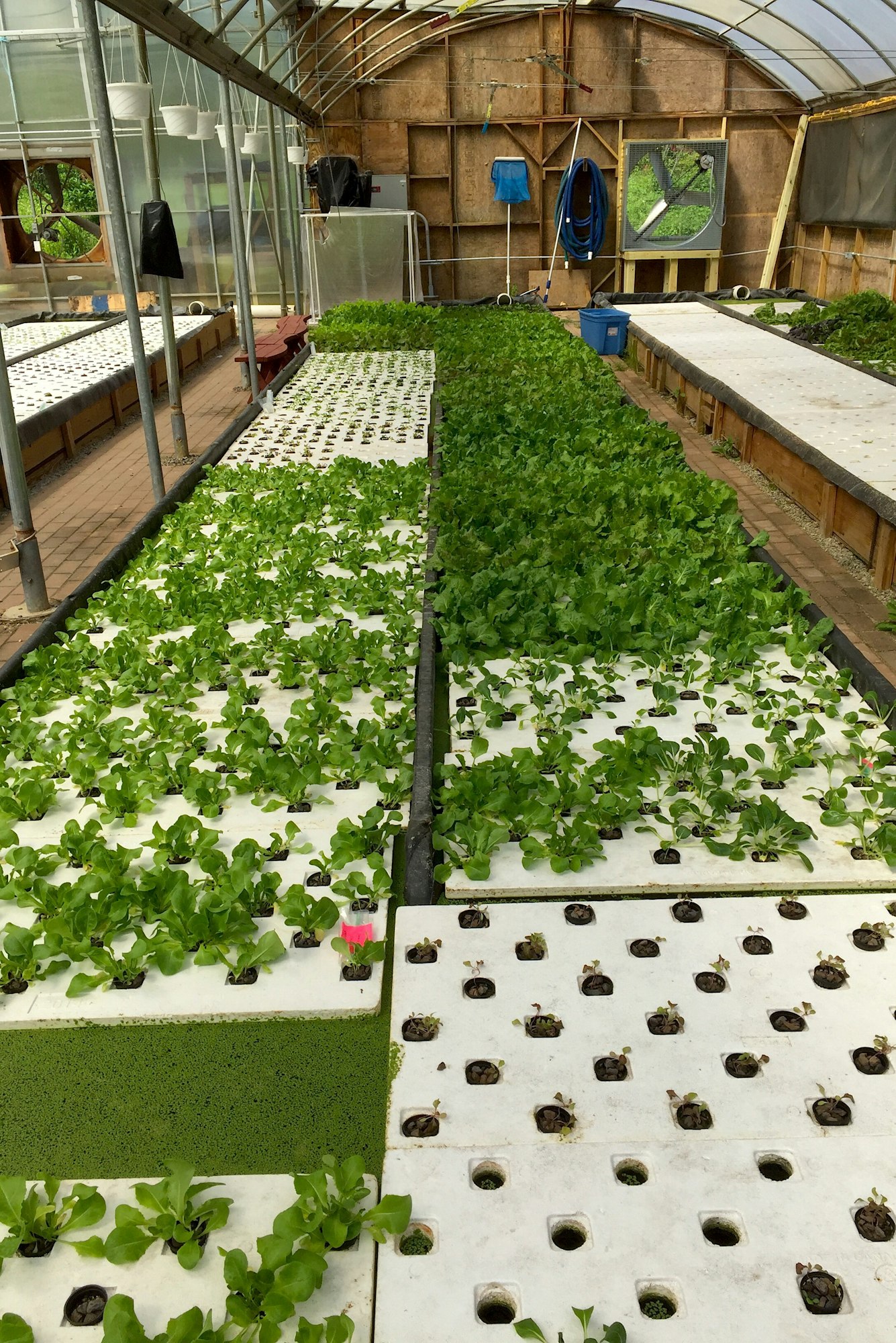How Does the Introduction of Aquaponics in Urban Areas Enhance Food Security and Diet Quality?

Faced with the ever-increasing global population, the challenges of ensuring food security and maintaining diet quality are becoming daunting tasks. A promising solution to these problems is the innovative practice of aquaponics. A combination of aquaculture (raising fish) and hydroponics (growing plants in water), aquaponics is a sustainable farming system that offers an unprecedented opportunity to enhance food security and diet quality, particularly in urban areas.
The Concept of Aquaponics and Its Principles
Aquaponics is a fascinating practice that is not as complicated as it may seem. By understanding its principles, you will see why it's catching the attention of scholars and urban farmers alike.
A voir aussi : How Can Virtual Reality Exposure Therapy Help in the Treatment of Agoraphobia?
An aquaponic system is an integrated, closed-loop system that involves the production of fish and plants together in a mutually beneficial relationship. Fish waste, rich in nutrients, acts as an organic fertilizer for the plants. In return, the plants clean the water for the fish by absorbing the waste, thereby creating a sustainable ecosystem that conserves water and energy.
Aquaponics is a perfect example of a sustainable agricultural system. Unlike traditional farming methods, it uses 90% less water and significantly less land, making it an ideal solution for urban farming. Most importantly, it doesn't require the use of harmful chemical fertilizers or pesticides, ensuring the production of healthy, organic food.
Cela peut vous intéresser : What Impact Does Pet Ownership Have on Blood Pressure and Stress Levels in Seniors?
The Role of Aquaponics in Enhancing Food Security
With the rise of urbanization, securing a steady supply of healthy food for urban communities is a challenge. This is where aquaponics comes into play, promising to enhance food security in a number of ways.
Aquaponics allows for the local production of food, thus reducing dependence on long supply chains that are often vulnerable to disruptions. By growing food close to the consumers, it ensures a consistent supply of fresh fish and vegetables.
Moreover, aquaponics systems are highly productive. They can produce a significant amount of food in a small area, which is perfect for urban environments where space is limited. This high productivity can contribute to food security by ensuring a sufficient supply of food for the urban population.
Improving Diet Quality through Aquaponics
Besides enhancing food security, aquaponics also plays a crucial role in improving diet quality. It produces two types of highly nutritious food: fish and plants.
Fish is a rich source of high-quality protein, omega-3 fatty acids, and essential micronutrients, while plants grown in aquaponics systems are organic, fresh, and nutrient-dense. Together, they provide a balanced diet that meets the nutritional needs of urban dwellers.
Importantly, aquaponics promotes the consumption of fresh, local produce. By making healthy food readily available and affordable, it encourages urban residents to incorporate more fruits and vegetables into their diet. Consequently, it helps to prevent diet-related health problems and improve the overall healthiness of urban diets.
The Community Benefits of Urban Aquaponics
The introduction of aquaponics in urban areas brings not only food security and dietary benefits but also numerous community benefits.
The practice of urban aquaponics creates local job opportunities, contributing to the economic stability of communities. It also promotes community cohesion and engagement, as residents can participate in food production, learn about sustainable farming, and develop a sense of ownership and connection to their food.
Moreover, urban aquaponics systems can be integrated into educational programs. By providing hands-on learning experiences, they can inspire the next generation of urban farmers and increase awareness about sustainable agriculture and food security.
The Energy Efficiency of Aquaponics Systems
An often overlooked benefit of aquaponics is its energy efficiency. It uses less energy compared to traditional farming methods, making it a more sustainable food production system.
As mentioned earlier, aquaponics is a closed-loop system that recycles water, significantly reducing water use and the energy required for water pumping. Additionally, because it does not require soil, there is no need for energy-intensive soil tillage.
Furthermore, the local nature of urban aquaponics reduces the need for long-distance food transportation, resulting in significant energy savings and lower carbon emissions. This energy efficiency makes aquaponics a climate-friendly solution for urban food production.
Aquaponics Systems and Environmental Impact
The practice of aquaponics in urban areas aligns well with the global goal of reducing the environmental impact of food production. Unlike traditional farming methods, aquaponics systems are environmentally friendly and help in mitigating climate change.
To begin with, aquaponics systems are water-efficient. These systems recycle water within the closed-loop, meaning there is substantially less water loss through evaporation or runoff. The water efficiency of these systems is noteworthy, particularly in urban areas where water resources can be scarce.
Moreover, as an organic farming method, aquaponics does not rely on harmful chemical pesticides or fertilizers, which are often associated with soil and water pollution. The elimination of these chemicals not only ensures the production of safe, sustainable food but also alleviates environmental degradation.
Finally, by facilitating local food production, aquaponics reduces the need for long-distance food transportation, which is a significant source of greenhouse gas emissions. This reduction in transportation needs substantially lowers carbon emissions, contributing to climate change mitigation.
Small Scale Aquaponics and Community Gardens
The integration of small scale aquaponics into community gardens in urban areas is a promising trend that combines the benefits of these two innovative practices.
Community gardens have been recognized as valuable urban agriculture spaces that can contribute to food security by providing fresh, local food to urban residents. When equipped with aquaponics systems, these gardens can become even more productive, offering a wider range of nutritious food, including fish and vegetables.
Furthermore, aquaponics-based community gardens contribute to education and social engagement. They provide urban residents with an opportunity to learn about sustainable food production methods, and to participate in the growing process. This enhances community cohesion and promotes appreciation for local food.
Additionally, these gardens provide a natural, outdoor setting that promotes physical activity and mental well-being. By bringing nature closer to people, community gardens with aquaponics systems contribute to the overall quality of life in urban areas.
Conclusion
In conclusion, the introduction of aquaponics in urban areas offers a myriad of benefits, from enhancing food security and improving diet quality to reducing environmental impact and fostering community engagement. As a sustainable and productive farming system, aquaponics presents a feasible solution to the pressing challenges of urban agriculture.
As we strive toward a future of sustainable food systems amidst growing urbanization and climate change, the importance of initiatives like urban farming and aquaponics cannot be overstated. Given the promising results presented by scholars and practitioners alike, it is imperative that we continue to explore, support, and expand the practice of urban aquaponics for the betterment of our urban communities and the world at large.
